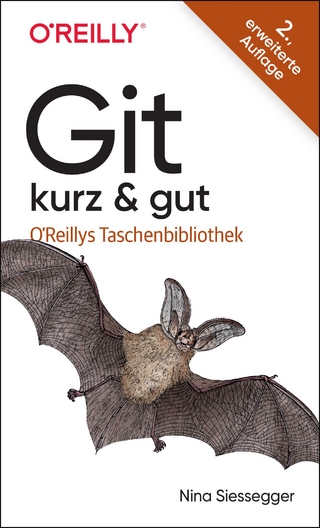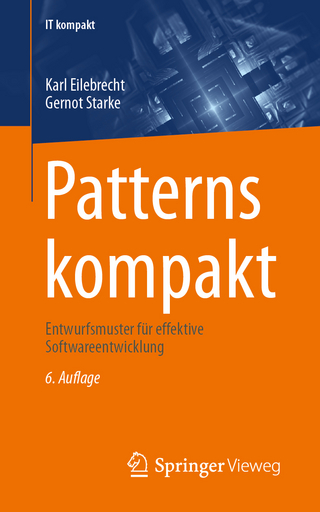
A Unifying Framework for Structured Analysis and Design Models
An Approach Using Initial Algebra Semantics and Category Theory
Seiten
2009
Cambridge University Press (Verlag)
9780521117876 (ISBN)
Cambridge University Press (Verlag)
9780521117876 (ISBN)
Many different structured methodologies exist, each employing a number of models and so a specification must be converted from one form to another during the development process. To solve this, Dr Tse proposes in this 1991 book a unifying framework behind popular structured models. He develops the frameworks and illustrates their practical usefulness.
Structured methodologies are a popular and powerful tool in information systems development. Many different ones exist, each employing a number of models and so a specification must be converted from one form to another during the development process. To solve this problem, Dr Tse proposes in this 1991 book a unifying framework behind popular structured models. He approaches the problem from the viewpoints of algebra and category theory. He not only develops the frameworks but also illustrates their practical and theoretical usefulness. Thus this book will provide insight for software engineers into how methodologies can be formalised and will open up a range of applications and problems for theoretical computer scientists.
Structured methodologies are a popular and powerful tool in information systems development. Many different ones exist, each employing a number of models and so a specification must be converted from one form to another during the development process. To solve this problem, Dr Tse proposes in this 1991 book a unifying framework behind popular structured models. He approaches the problem from the viewpoints of algebra and category theory. He not only develops the frameworks but also illustrates their practical and theoretical usefulness. Thus this book will provide insight for software engineers into how methodologies can be formalised and will open up a range of applications and problems for theoretical computer scientists.
1. Introduction; 2. Desirable features of systems development environments; 3. A comparison with related projects; 4. Initial algebra as a unifying framework for structured models; 5. Category theory as a unifying framework for structured models; 6. The identification of unstructuredness; 7. A prototype system to implement the unifying framework; 8. Future directions; 9. Conclusions; References; Appendices.
| Erscheint lt. Verlag | 30.7.2009 |
|---|---|
| Reihe/Serie | Cambridge Tracts in Theoretical Computer Science |
| Zusatzinfo | Worked examples or Exercises |
| Verlagsort | Cambridge |
| Sprache | englisch |
| Maße | 170 x 244 mm |
| Gewicht | 320 g |
| Themenwelt | Mathematik / Informatik ► Informatik ► Software Entwicklung |
| Mathematik / Informatik ► Informatik ► Theorie / Studium | |
| ISBN-13 | 9780521117876 / 9780521117876 |
| Zustand | Neuware |
| Informationen gemäß Produktsicherheitsverordnung (GPSR) | |
| Haben Sie eine Frage zum Produkt? |
Mehr entdecken
aus dem Bereich
aus dem Bereich
Entwurfsmuster für effektive Softwareentwicklung
Buch | Softcover (2024)
Springer Vieweg (Verlag)
CHF 27,95
Praxishandbuch für Java- und Webservice-Entwickler
Buch | Softcover (2025)
dpunkt (Verlag)
CHF 62,85


